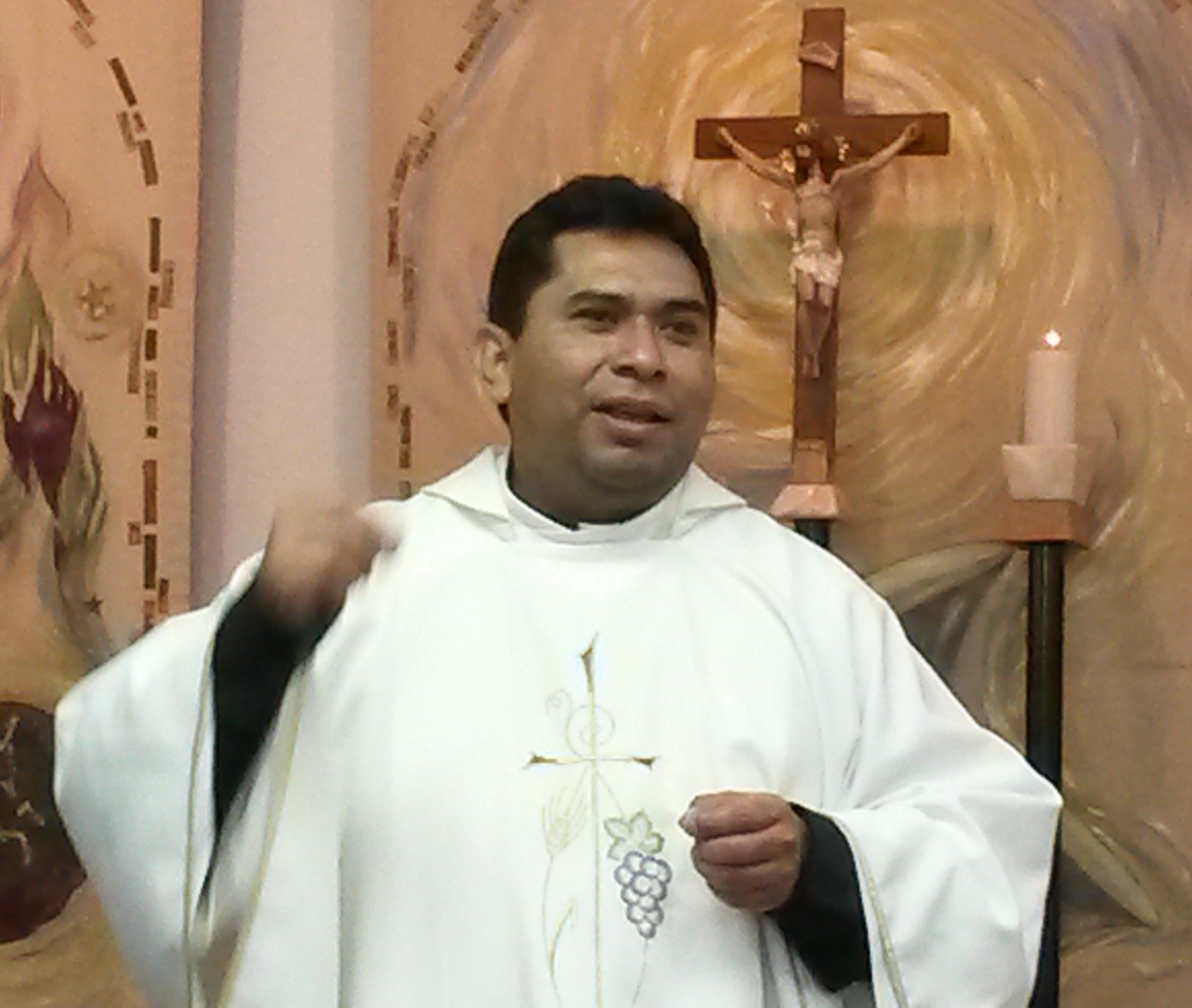 XX SUNDAY IN ORDINARY TIME
XX SUNDAY IN ORDINARY TIME
THE PROPHET DENOUNCES SIN
By our Pastor, Fr. Carmelo Jiménez
The readings for this Sunday make us reflect on a reality: the fate of the prophet. If they are a true prophet, they will denounce the things that go against God’s will (sin) and announce everything and only what God wants. This brings serious consequences to the prophet’s life. We could say: the truth hurts and is uncomfortable!
The first reading tells us about the passion of the prophet Jeremiah. Those who had him prisoner told the king: “Jeremiah ought to be put to death; he is demoralizing the soldiers who are left in this city, and all the people, by speaking such things to them; he is not interested in the welfare of our people, but in their ruin.” (Jer 38: 4) The situation was delicate for the people, many injustices, little or no love for the people, many imprisoned unjustly, and widespread poverty. So, the prophet had only to denounce what he saw, because he has to carry out his prophetic ministry even in difficult circumstances. He suffered without raising his voice, which revealed Jeremiah’s soul, characterized by an exquisite sensibility, a deeply love for his people and an unbreakable loyalty to God.
For his part, St. Paul, in the second reading exhorts us to perseverance and strength in the midst of difficulties, opposition and persecutions. He invites us to fix our eyes on Jesus who opens the way. “let us rid ourselves of every burden and sin that clings to us and persevere in running the race that lies before us while keeping our eyes fixed on Jesus.” (Heb 12: 1b-2a) The whole history of salvation aims to achieve the goal of hope, eternal life. The disciple should fix his eyes on Jesus. As we know, always and without frustrations the disciple needs to move forward even in the midst of persecution or death. Forgetting what we have left behind, we push ourselves forward in search of the goal and the prize to which God calls us from above, through Jesus Christ.
The gospel is disturbing news that can bring division. “I have come to set the earth on fire, and how I wish it were already blazing!” (Lk 12: 49) On the day of Pentecost, the book of Acts of the Apostles tells us tongues as of fire descended upon the apostles, a fire that purifies and strengthens. This part of Gospel speaks to us about a fire of purification: for humanity to enter into glory it is necessary to be purified and tested by fire. Also, the relationship of fire and baptism suggests the idea of total regeneration.
“Do you think that I have come to establish peace on the earth? No, I tell you, but rather division.” (Lk 12: 51) Jesus proclaimed blessed the peacemakers; he opposed violence. Jesus’ blood on his cross establishes reconciliation and peace between all things and between men and God. How we do understand these words? When Jesus asks us to deny even ourselves as a condition to follow him, he provokes us to make a radical choice. The same family may have members who decide to follow him and others not. Then, there is a division, not willed directly by Jesus, but is a result of the choice made by the disciple who decides to follow him above all.
In our baptism we were consecrated priests, prophets and kings. Am I living my prophetic role? Am I denouncing sin? Am I opposed to anything that leads us against God’s will? Let us ask God for the grace and courage to denounce injustices against the family, life, migrants, children, etc. May our option for Jesus and His kingdom be radical, constant and courageous!